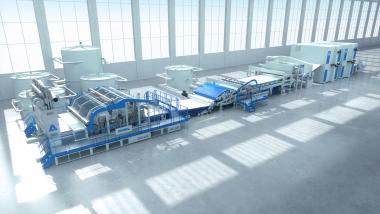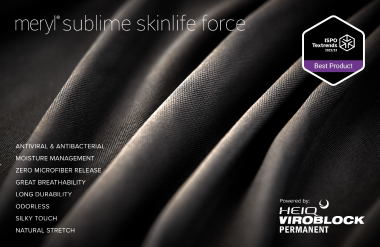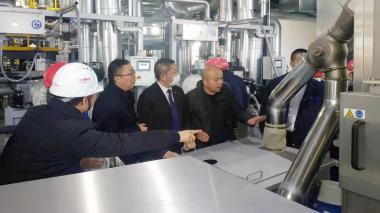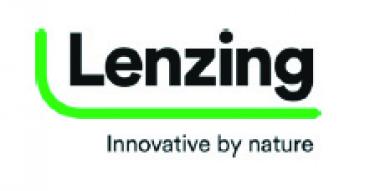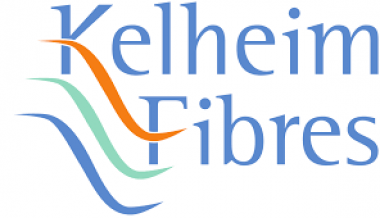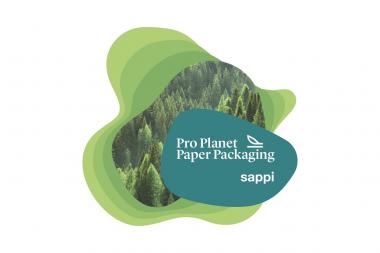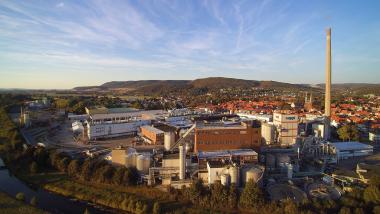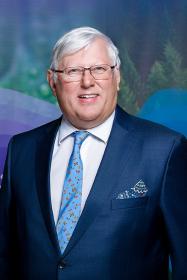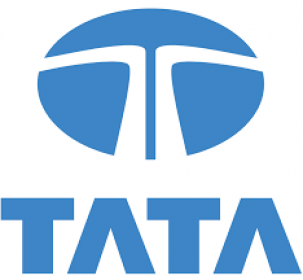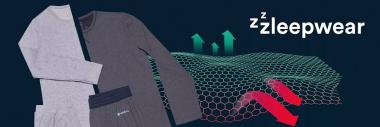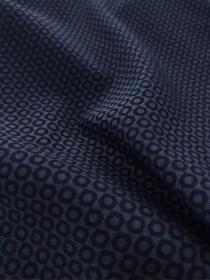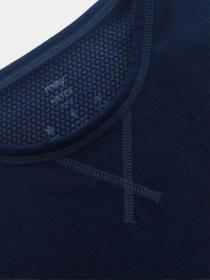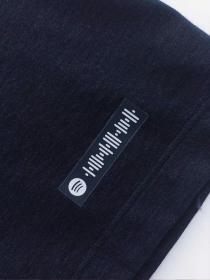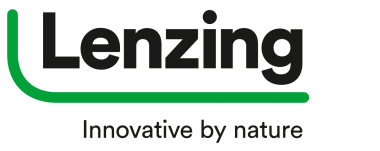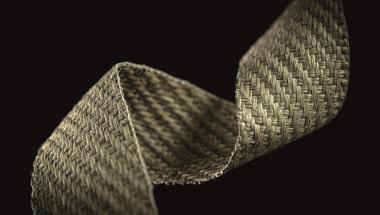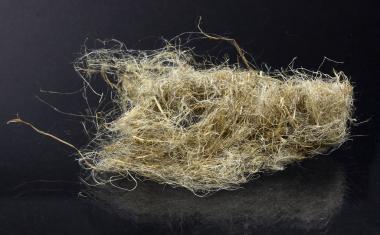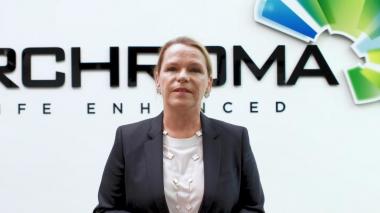ANDRITZ to supply a Wetlace™ CP line to Lotus Teknik, Turkey
International technology Group ANDRITZ has received an order from Lotus Teknik A.Ş., Turkey, to supply a neXline wetlace CP (carded pulp) line for the production of biodegradable, plastic-free wet wipes. Lotus Teknik A.Ş. is a leading nonwoven roll good producer and a member of the Sapro group. Sapro is based in Istanbul, Turkey, and is one of the top three producers of wet wipes globally.
The neXline wetlace CP line is equipped with state-of-the-art stock preparation equipment, including approach flow and fan pump, opening and blending, TT card, wetlaid forming unit for pulp application, a hydroentanglement system, filtration unit, dewatering, and through-air drying. All components are perfectly designed to produce a first-class biodegradable wipe. The line is scheduled for start-up by the end of 2021.
ANDRITZ developed the new neXline wetlace CP line in order to serve the new market trend of sustainable wipes. Lotus Teknik supported the development from a roll goods producer and converter perspective. The partnership follows the successful installation of an ANDRITZ high-capacity spunlace line some years ago. The Wetlace CP new generation of production technology for biodegradable wipes has resulted from ANDRITZ’s extensive knowledge and considerable history of providing technologies for wood-based industries, spunlace and wetlaid roll goods, and the strong collaboration with Lotus Teknik.
ANDRITZ


